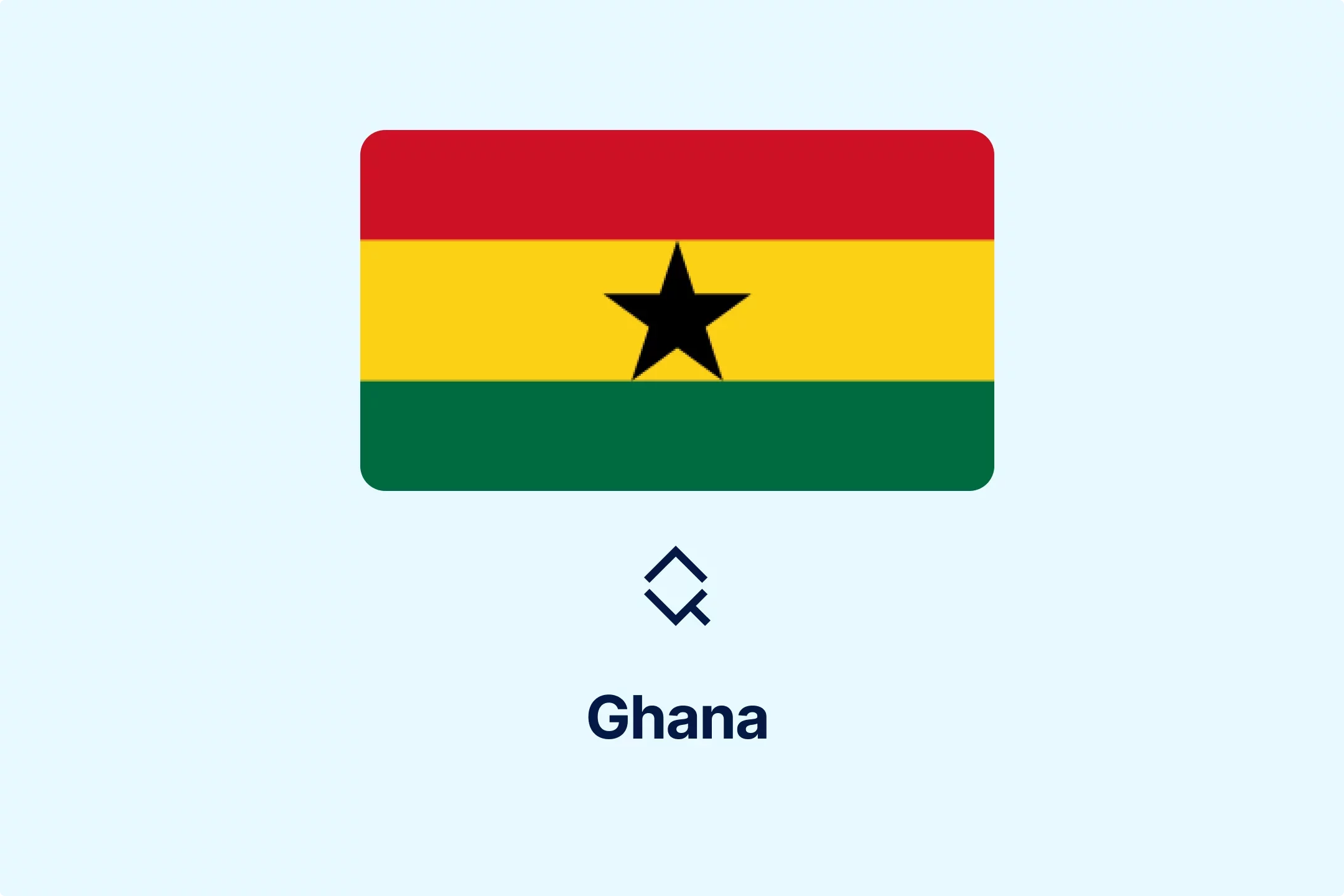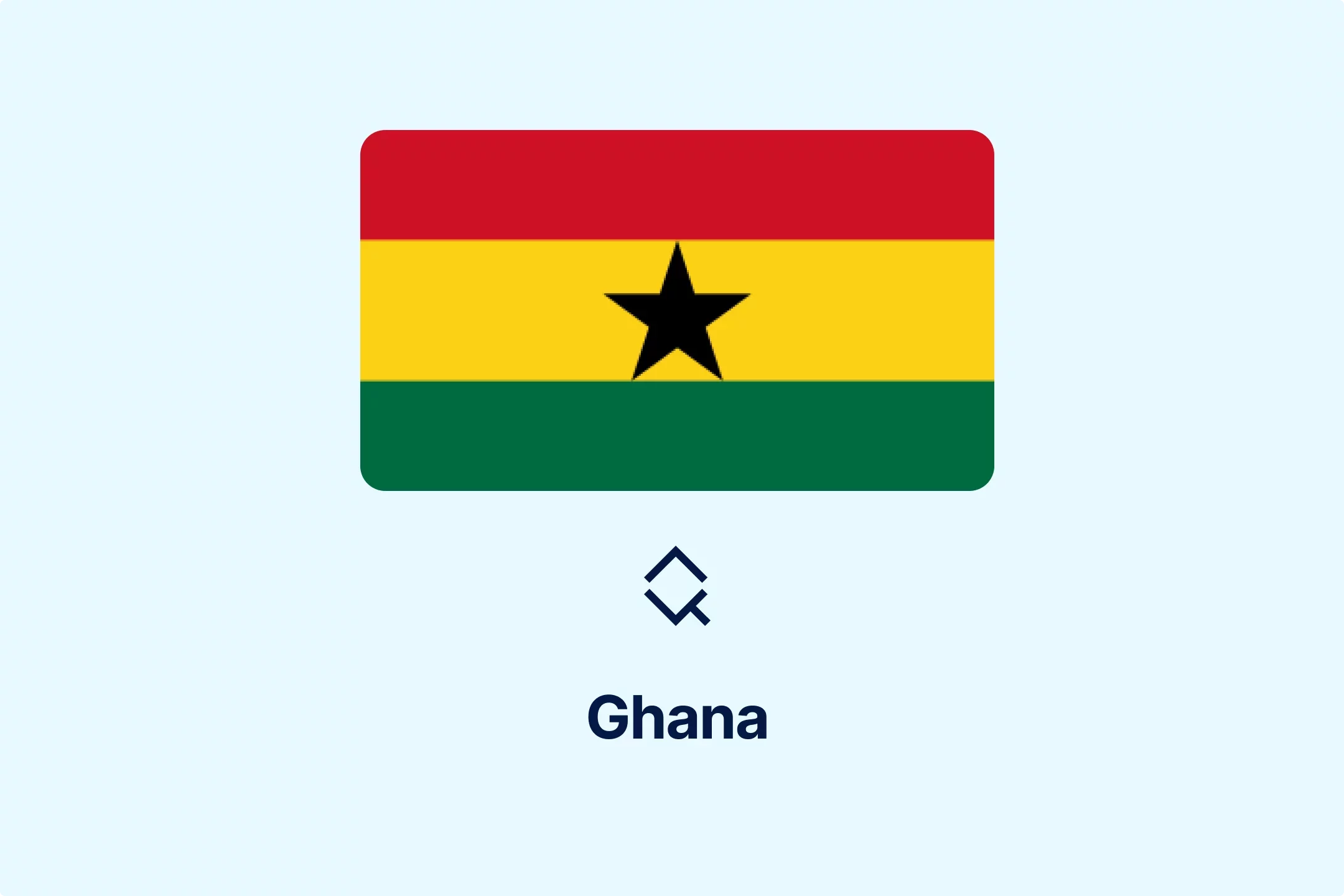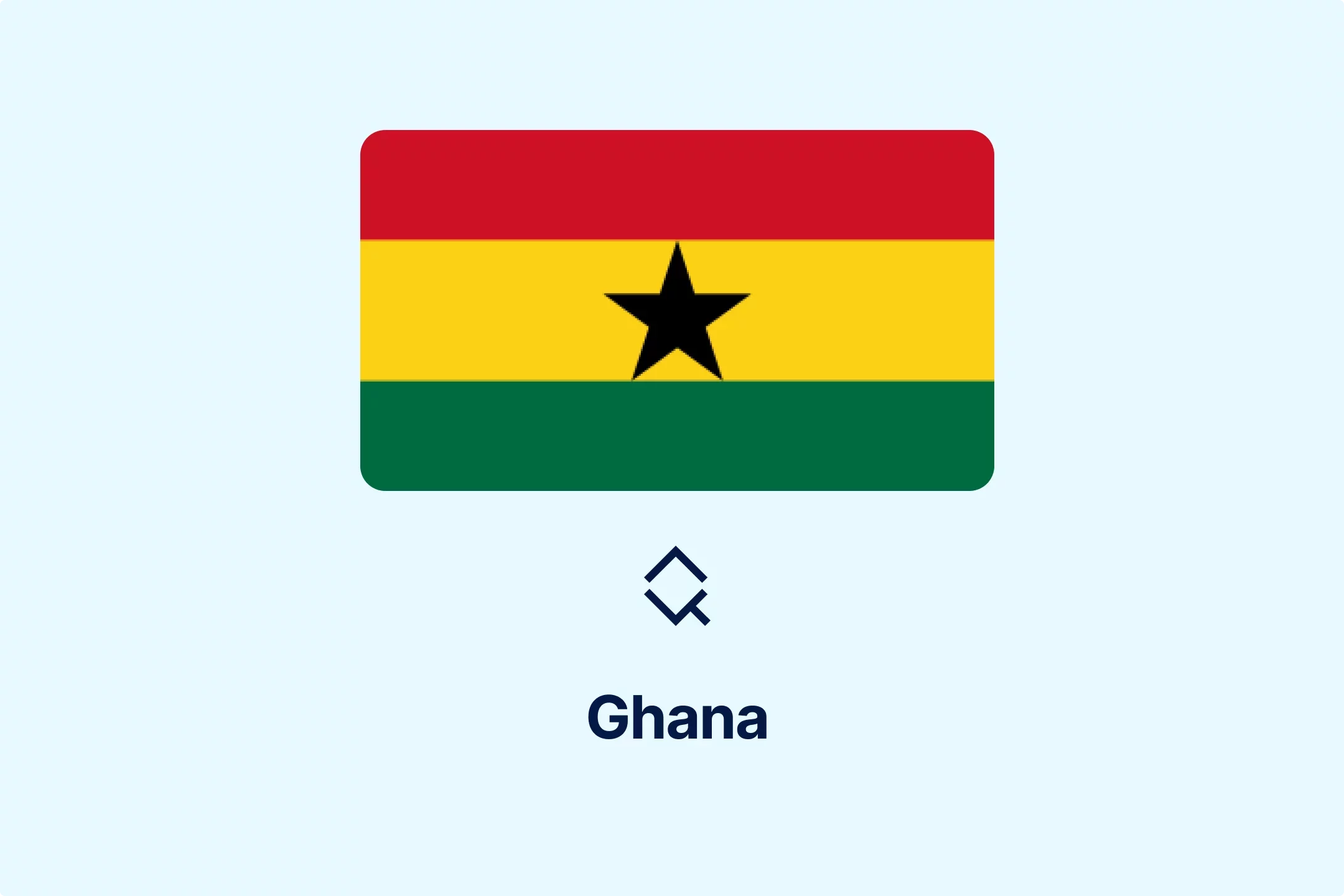VAT Compliance for Electronic Services in Ghana: Key Rules & Requirements

In April 2022, Ghana introduced VAT rules for electronic services supplied by non-resident businesses to consumers in the country. This measure aligns with global trends in digital taxation and aims to ensure fair competition between local and foreign providers.
Legal Framework
Ghana’s VAT on electronic services is governed by the Value Added Tax Act, 2013 (Act 870), as amended. The Ghana Revenue Authority (GRA) is responsible for administering and enforcing compliance.
Under these regulations, non-resident businesses supplying electronic services to consumers in Ghana must register for VAT, charge VAT on their sales, and remit the collected tax to the GRA.
Key Amendments to the VAT Act
The Value Added Tax (Amendment) Act, 2022, introduced significant changes to the taxation of electronic services:
No Registration Threshold: The amendment removed the minimum threshold for non-resident providers, making all taxable supplies subject to VAT10.
Digital Services Definition: The Act explicitly includes digital services such as social networking, cloud services, and online advertising under the scope of VAT69.
Input VAT Restrictions: Non-resident providers of digital services cannot claim input VAT deductions, although resident recipients may deduct input VAT under procedures outlined by the Commissioner-General.
Definition of Electronic Services
Electronic services subject to VAT in Ghana include:
· Website supply;
· Web-hosting;
· Distance maintenance of programmes and equipment;
· Images, text and information and making databases available;
· Music and games, games of chance and gambling games;
· Political, cultural artistic, sporting, scientific and entertainment broadcasts and events and;
· Distance teaching;
These services are taxed because they are consumed within Ghana, even when provided by foreign businesses without a physical presence in the country. The scope covers both B2B and B2C transactions and place of supply is determined where the recipient is a resident or if the service is effectively used or enjoyed in Ghana.
VAT Registration for Non-Resident Providers
Any non-resident company providing taxable electronic services to consumers in Ghana must register for VAT, regardless of whether they have a physical presence in the country.
The GRA introduced a Simplified VAT Registration System to make compliance easier for foreign businesses.
How to Register
Non-resident businesses can register remotely via the GRA’s online system.
A Ghanaian Tax Identification Number (TIN) will be issued upon registration.
Required Documents
1. Company registration details (name, country of incorporation, business activities)
2. Valid contact details (email and phone number)
3. Bank details for VAT remittance (optional)
All documents which are not in English should be translated into English before upload. Upon approval, the GRA issues a VAT Registration Certificate confirming the business is registered for tax purposes in Ghana.
VAT Compliance Obligations
Once registered, businesses must comply with Ghana’s VAT rules, including proper invoicing, filing tax returns, and timely payments.
1. VAT Rate and Taxable Amount
The standard VAT rate in Ghana is 15%.
VAT must be charged on the gross value of digital services provided.
2. Issuing VAT Invoices
Businesses must provide digital invoices or receipts to customers for each transaction.
Invoices must clearly display:
· The VAT amount charged
· The total price, including VAT
· The supplier’s VAT registration number
· The date and time of supply
3. Filing and Reporting VAT
VAT returns must be filed monthly through the GRA’s online system.
The deadline for filing VAT returns is the last working day of the month following the taxable period.
VAT Returns must detail:
· Total taxable sales
· VAT collected
· Any adjustments (e.g., refunds, discounts)
Non-resident providers of digital services cannot claim input VAT deductions, although resident recipients may deduct input VAT under procedures outlined by the Commissioner-General.
4. VAT Payment Process
The GRA has introduced digital platforms to simplify tax payments for non-resident providers:
· Ghana.gov Portal: This is the official platform for tax payments. Non-resident providers can pay VAT using bank cards, mobile money, or bank transfers.
· Foreign Currency Payments: Payments can be made in foreign currency, but the equivalent Ghanaian Cedi (GHS) value must be calculated using the prevailing exchange rate.
· Payment Confirmation: After payment, taxpayers receive a confirmation receipt, which should be retained for record-keeping and audit purposes.
Penalties for Non-Compliance
· Failure to comply with VAT obligations can result in penalties, including:
· Late Registration Fine: If a business fails to register for VAT when required, penalties may be imposed.
· Late Filing Penalty: GRA may impose daily fines for overdue VAT returns.
· Interest on Late Payments: Unpaid VAT attracts interest charges.
· Potential Business Restrictions: The GRA may restrict operations in Ghana for persistent non-compliance.
Challenges and Compliance Considerations for Businesses
Non-resident digital service providers may face challenges such as:
· Currency Conversion: Calculating the equivalent GHS value for foreign currency payments can be complex due to fluctuating exchange rates.
· Administrative Burden: The requirement to file monthly returns and payments can be burdensome for small businesses.
Conclusion
Ghana’s VAT regime for electronic services follows international best practices, requiring non-resident digital service providers to register, charge, and remit VAT. With the GRA offering a simplified online system, compliance is more accessible, but businesses must ensure they meet registration, reporting, and payment obligations to avoid penalties.
Source: GRA Website

Featured Insights

Burkina Faso FEC E-Invoicing Mandatory July 2026
🕝 February 24, 2026More News from Ghana
Get real-time updates and developments from around the world, keeping you informed and prepared.
-e9lcpxl5nq.webp)






